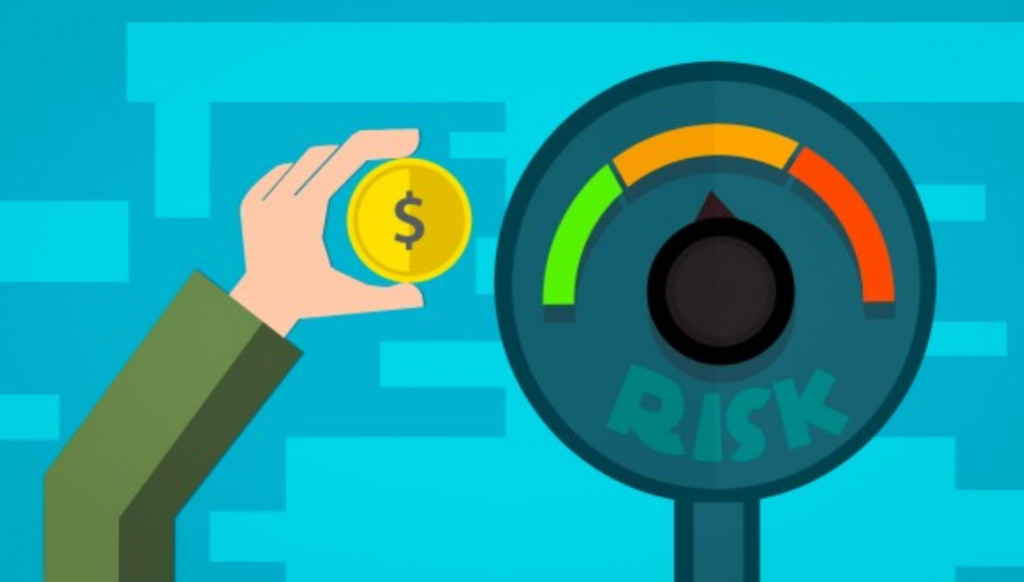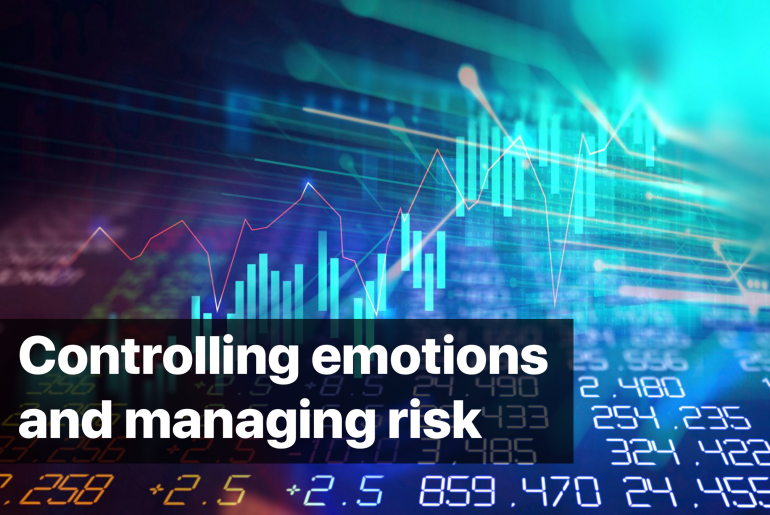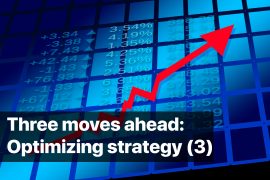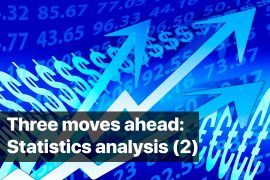Any trader loses sometimes, be it a newbie or a professional one. That’s just an ironclad rule to understand if you are aimed to earn in the market. But various traders lose in different ways. The reasons for professional traders to lose is really a fascinating issue as these traders are already great market analysts, have a deep understanding of the market and implement a wide range of the strategies they have already tested, while the rest 95% of traders lose and quit the market. However, experience does not mean the absence of mistakes. An experience just changes the nature of the mistakes. The aim of this article is to shed some light on the reasons the professional traders lose.
Emotions
The first factor to mention is emotions. Specifically emotions can play a substantial role in this case, not technical analysis knowledge or a wise strategy.

Concentration loss
So, any, absolutely any trader is just a person with own problems and concerns. Being even a super experienced trader, you can be sidetracked by your personal life. Even if you are professional at locking your emotions and your strategy is proven by years, you cannot change your brain. On a subconscious level, you will still worry about the problem that happened on the eve of your trading session and will lack concentration. Thus, a small problem, in this case, may turn out to be a disastrous accident for trading results! Nobody is safe from this danger. Sometimes it’s worth stop trading for a while!
That is why, no matter how you are confident in your technical skills, stay away from trading when you feel out of sorts for any reason.
Overconfidence
Success leads to self-confidence which is great. But sometimes it may turn out to be overconfidence that might result in losses. This happens easily. You had outstanding trading results and the maximum number of losses in a row was 2-3. You feel like a trading king, and allow yourself to step away from your trading plan (of course because you are already genius in earning!). However, something goes wrong: You hit a rough patch and have 8-9 losses (read about what to do in case of several losses in a row). You are poor again and feel broken.
It acts as a trigger to hesitations that makes you act in the way not typical for you and again not complying with your trading plan. The risky successful trades are missed, while the trades that seem to you secure and conservative turn out to be rubbish. You feel more broken.
The solution to avoid this trap is to stick to your trading system not regarding your growing pride and confidence. Just keep going.
P.S. The emotions in trading are often similar to those of poker players. Read here about their common psychological traps!
Greed & Fear
At the same time, you are constantly driven by fear and greed (in both life and trading). Do not consider these emotions as negative only. No way! Fear is a very good thing when it causes you to comply with risk and money management strictly. Greed makes you trade and look for new opportunities each time and generate new ideas. This works as a great motivation, but sometimes it is too much.
Pursuing security and revenue growth, traders may diversify the portfolio the way it becomes ineffective. Having a broad variety of the ideas to earn and hedge, they have more than 6-8 instruments or asset classes to operate with that does not contribute at all to the profitability at all. It is called excessive diversification (it works also for investing). Having too many ideas makes your aims blurred. Therefore, it might result in just relying on chance, no more. Remember that a person who chases two rabbits won’t catch either.
Poor money management skills
However, emotions are not the only potential trigger to lose. The practice shows that with the emotions kept strictly under control, there are still enough ways to screw up in trading. The major problem is that many talented traders who got a brilliant skill to earn money are still not proficient enough in money management. So they earned a lot, but what are the further steps?

Excess liquidity
The most common example is applying the same strategy with different position sizes. Many traders increase the position size proportionally to their deposit growth. Bad move. A common mistake is to trade the same position sizing strategy with a deposit of $100-200, $100-200 thousand and $1-2 million. Simply, it might turn out to be ineffective, or even losing.
Therefore, with the deposit growth, it is highly recommended to recalculate the position size and backtest a new strategy. Optimizing liquidity is a complex task, but the one that can greatly enhance your trading results.
Risk-reward ratio
A good streak of luck also can play a bad joke with you. Often gaining skills in trading traders double and then triple the initial deposit, but in many cases are absolutely helpless in further steps. Let us look what may happen in this case. You were trading $10,000 with a risk of $100-$200 per trade. After some time you get a solid inflow of money and your deposit becomes already $1-2 mln. You are likely to continue trading with the same risk-reward ratio, considering this strategy to be winning. But risk (potential loss) in this case will be equal to your initial capital that could turn out to be painful and ineffective in terms of the profits you get.
This is a gross error of money management. The risk-reward ratio should be recalculated each time you change the position size.
Read about how you can calculate the risk-reward ratio here.
Leverage
Leverage usage also matters a lot in any strategy. Even genius trading ideas can be beaten by the wrong leverage size. Overall, leverage adds risks to the strategy along with the potential to earn several times more than you could with your deposit. The problem is that even with the insignificant fluctuations you can suffer huge losses using high leverage. And if the leverage is extremely high you are already out of your risks control.
The leverage of 8-16x is already considered to be risky enough. The higher one is likely to be absolutely fatal even for a super-genius strategy. Hence, try to choose the reasonable leverage size, depending on your trading strategy and not exceeding 16x. Read more about optimal leveraging and the strategy optimization concepts here.
Lack of long-term vision
The nature of the market is irrational, therefore, you will hardly ever develop a strategy that remains profitable without any additional adjustments in time. In the long term the behavior of the market changes on a macroeconomic level, therefore, your average winning rate reduces in comparison to growing losses.
This is just because of the changed market state that required to update the strategy and test it in new market conditions. Thus, track your trades in a trading journal and develop your trading plan!
These are the reasons to lose for any trader, even an experienced one. So, you are forewarned and now you will be forearmed.
Keep a level head, comply with risk management and stay profitable!
Also, remember to enhance your risk management for both manual and automated trading with Bitinsure that mitigates risks and automates the routine and “painful” instruments of risk management to enables traders to focus on what matters the most and helps them to survive even in the case of 100 losses in a row. Read the review here and try it for free!
Stay tuned and join our social media:
Telegram: https://t.me/bitinsurecom
Facebook: https://www.facebook.com/bitinsure
Twitter: https://twitter.com/bitinsure_news





